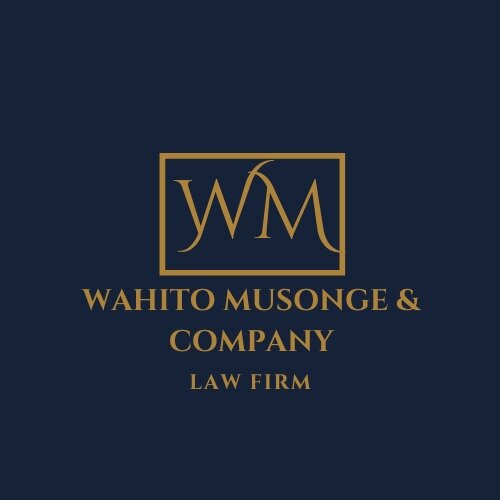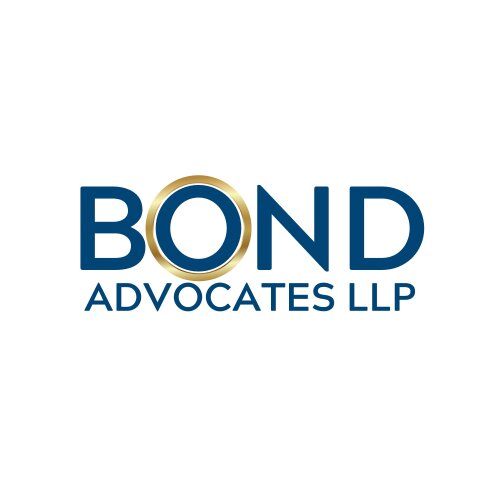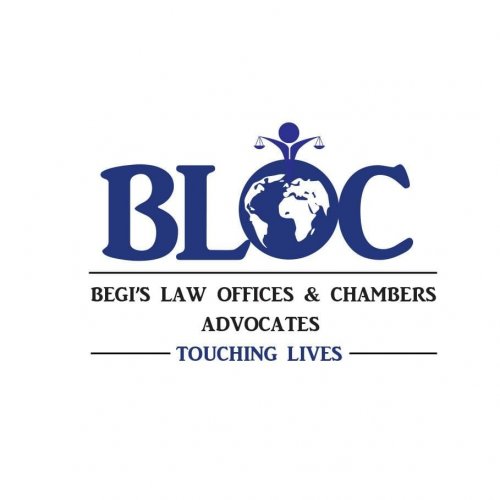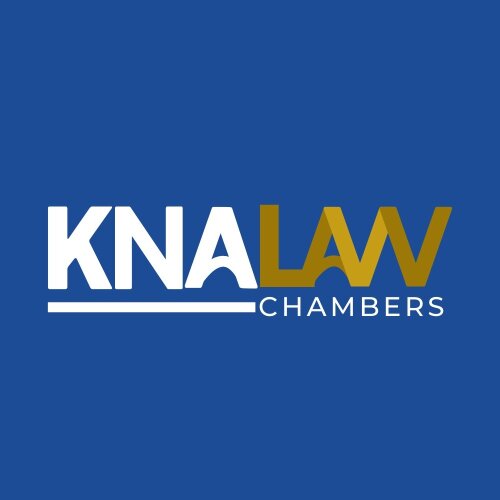Best Education Law Lawyers in Nairobi
Share your needs with us, get contacted by law firms.
Free. Takes 2 min.
List of the best lawyers in Nairobi, Kenya
About Education Law in Nairobi, Kenya
Education Law in Nairobi, Kenya, encompasses regulations and policies designed to govern the education sector. These laws cover a wide range of issues including access to education, the rights and responsibilities of students, teachers, and educational institutions, the framework for educational qualifications, and the protection of students’ rights. Local education laws are designed to ensure compliance with national educational policies and promote a high standard of education within all levels, from primary schools to higher education institutions.
Why You May Need a Lawyer
Engaging a lawyer specialized in Education Law may be necessary in several situations. Parents may seek legal counsel if they feel their child's right to education is being compromised due to discrimination, improper handling of special needs education, or issues with school administration. Educational institutions might require legal assistance for matters related to compliance with educational regulations, employment law concerning teachers and staff, or disputes involving students or parents. Furthermore, teachers could benefit from legal advice on issues such as employment contracts, unfair dismissal, or pension claims.
Local Laws Overview
The Constitution of Kenya guarantees the right to education and forms the foundation for various legislative frameworks governing education. Key aspects of local laws in Nairobi include the Basic Education Act, which provides for free and compulsory basic education, and the Teachers Service Commission Act, focusing on teacher employment and regulation. Additionally, the Children Act plays a critical role in ensuring children's rights are upheld within educational settings. Regulations by the Ministry of Education provide guidelines on school administration and curriculum development, ensuring compliance with national standards.
Frequently Asked Questions
What is the legal age for compulsory education in Nairobi?
The Basic Education Act mandates that every child be enrolled in primary education from the age of six until the age of fourteen, ensuring free and compulsory basic education.
How does the law protect the rights of students with disabilities?
The Kenyan Constitution and the Children Act mandate nondiscrimination and advocate for inclusive education policies that accommodate students with disabilities, ensuring they have access to the necessary resources and support.
Are private schools in Nairobi governed by the same laws as public schools?
Private schools in Nairobi must adhere to national educational standards and regulations, although they retain some autonomy regarding administrative and curricular decisions, as long as these comply with the Ministry of Education guidelines.
What recourse is available if a child's right to education is violated?
Parents can file complaints with the Ministry of Education, seek mediation, or pursue legal action if necessary, to address violations of a child's right to education.
How are teachers’ employment disputes handled?
Employment disputes are typically addressed through the Teachers Service Commission or the Employment and Labour Relations Court, which ensures compliance with employment laws and regulations.
Can a student be expelled from school without due process?
No, expulsion must follow a fair process that includes proper investigation, notification to the student and parents, and an opportunity for the student to present their case.
What legal rights do parents have regarding their child’s education?
Parents have the right to be informed about their child's educational progress, to participate in school governance, and to make decisions regarding their child's educational needs and welfare within the framework of the law.
Are there specific legal guidelines for homeschooling in Nairobi?
Homeschooling is permitted under certain conditions, and parents are required to register with the Ministry of Education and ensure that their curriculum aligns with national standards.
What is the role of the Teachers Service Commission?
The Teachers Service Commission is responsible for registering, recruiting, and regulating teachers in Kenya, ensuring professional conduct and managing employment disputes.
How does the law address school safety and child protection?
Education laws mandate that schools implement safety measures and child protection policies to ensure a safe learning environment, with strict adherence to the Children Act.
Additional Resources
For those seeking further information or assistance with Education Law, the following resources may be helpful:
- The Ministry of Education, which provides regulatory guidelines and policies
- The Teachers Service Commission for teacher-related inquiries and disputes
- The Kenya National Commission on Human Rights, which addresses educational rights violations
- Parents Teachers Associations (PTAs) at schools, which can offer support and advocacy
- Local legal aid clinics and non-governmental organizations focused on education rights
Next Steps
If you require legal assistance in Education Law, consider the following steps:
- Identify the specific issue or concern to determine the kind of legal expertise needed.
- Gather relevant documentation and evidence related to the issue, such as correspondence, contracts, or records.
- Consult with a lawyer specializing in Education Law who can provide legal advice tailored to your situation.
- Contact local legal aid services if you need assistance but have limited financial resources.
- Engage with advocacy groups or NGOs for support or to learn more about your rights.
Lawzana helps you find the best lawyers and law firms in Nairobi through a curated and pre-screened list of qualified legal professionals. Our platform offers rankings and detailed profiles of attorneys and law firms, allowing you to compare based on practice areas, including Education Law, experience, and client feedback.
Each profile includes a description of the firm's areas of practice, client reviews, team members and partners, year of establishment, spoken languages, office locations, contact information, social media presence, and any published articles or resources. Most firms on our platform speak English and are experienced in both local and international legal matters.
Get a quote from top-rated law firms in Nairobi, Kenya — quickly, securely, and without unnecessary hassle.
Disclaimer:
The information provided on this page is for general informational purposes only and does not constitute legal advice. While we strive to ensure the accuracy and relevance of the content, legal information may change over time, and interpretations of the law can vary. You should always consult with a qualified legal professional for advice specific to your situation.
We disclaim all liability for actions taken or not taken based on the content of this page. If you believe any information is incorrect or outdated, please contact us, and we will review and update it where appropriate.

















